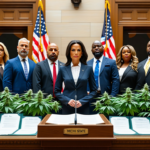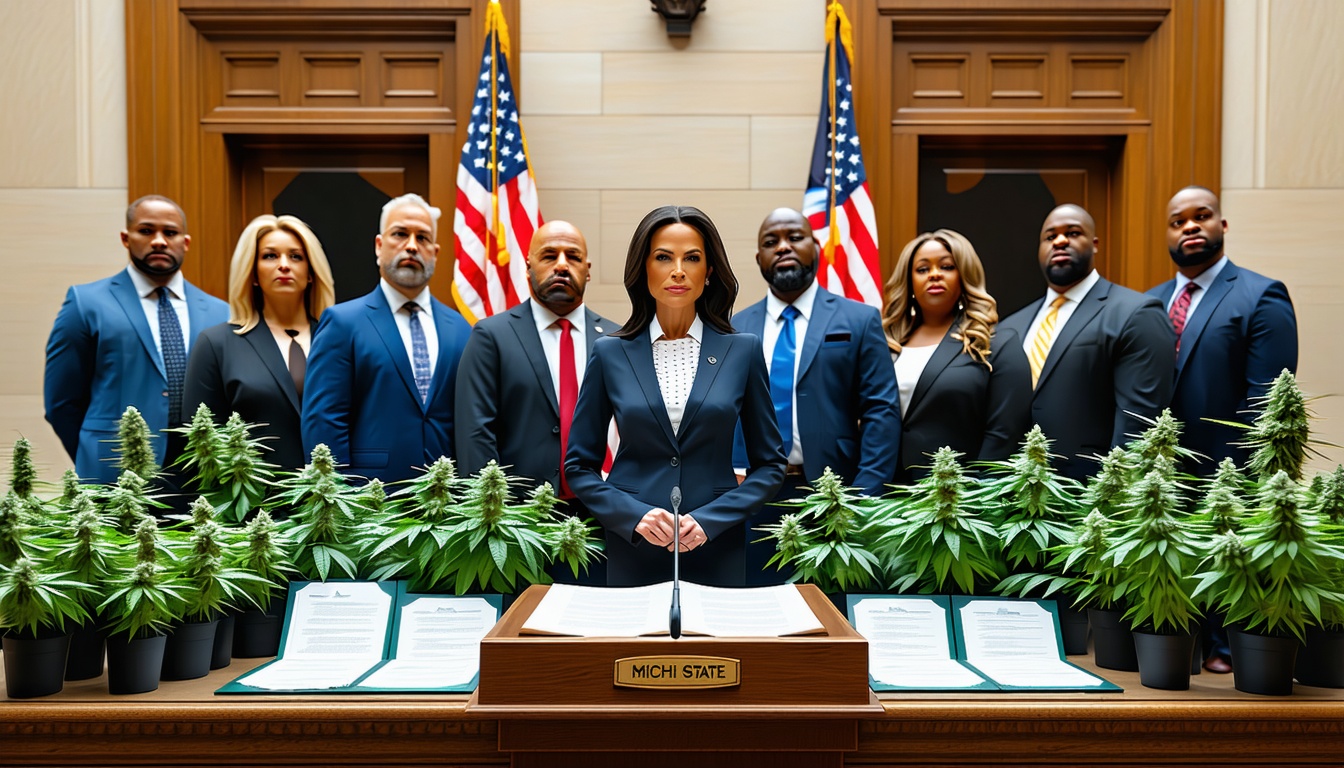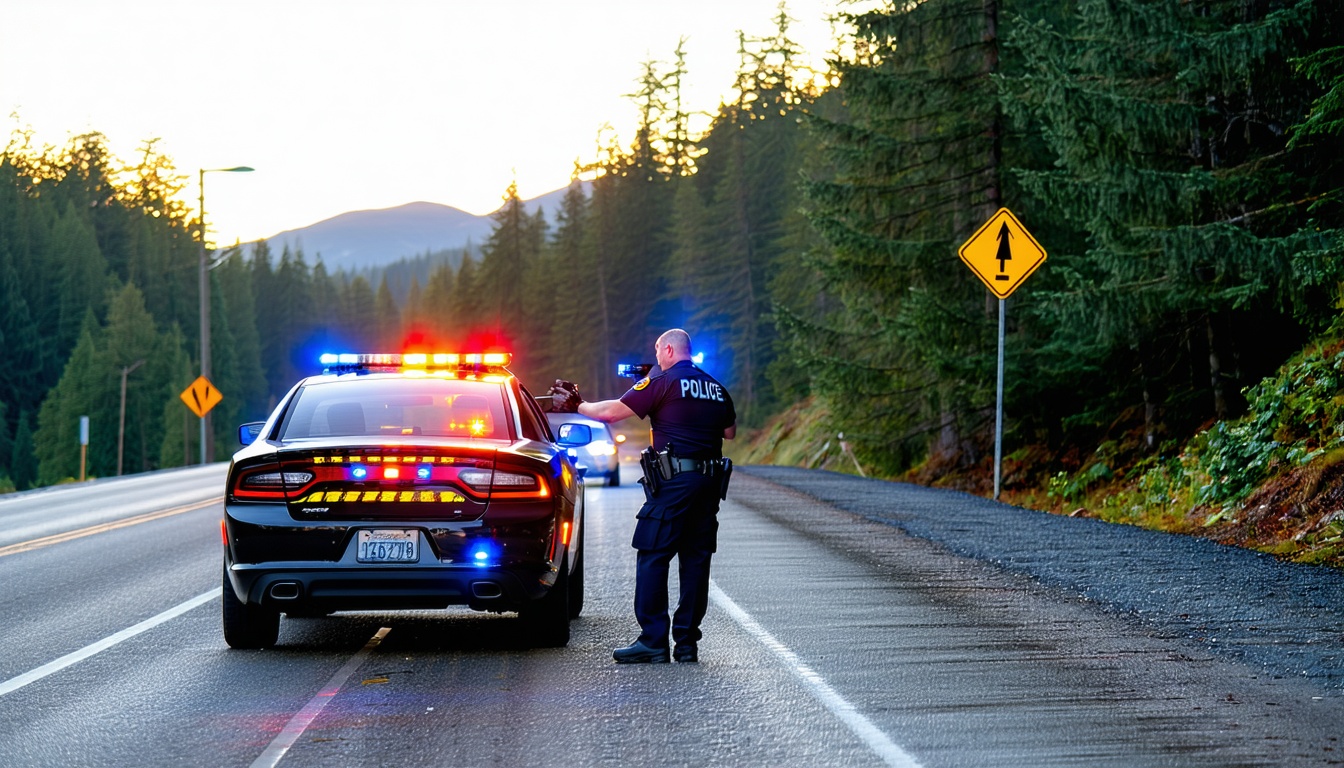Minnesota’s Recreational Cannabis Industry Struggles to Meet Demand Amid Supply Chain Issues
Despite being legalized for recreational use over two years ago, Minnesota’s cannabis industry is still facing significant challenges in meeting demand. With nearly 60 licensed businesses, including microbusinesses and medical companies, the state’s budding industry is struggling to stock shelves due to a lagging supply chain.
Mark Eide, owner of In-Dispensary in downtown Minneapolis, is one of the affected business owners. Although his store received a license in August, it has yet to sell adult-use cannabis products, only offering lower-dose hemp-derived THC edibles. This has led to a notable decline in business and contributed to layoffs.
“We’re handling two to four customers per day, instead of the 80 we should be handling,” Eide said. “We could hire back the two people we laid off, expand our hours, and hire more staff, but we can’t get product.”
Currently, only two licensed cultivators are growing cannabis, but their plants are not yet mature enough to sell. Additionally, three tribes have tribal compacts with the state, allowing them to grow and sell cannabis without a state license. However, even these tribes are struggling to meet demand, as there isn’t enough supply to go around.
Joelle D’Alencar, owner of Loon Leaf in Blaine, shares Eide’s frustrations. “People are incredibly frustrated. Businesses are going to close before they even get a chance to get started because it’s an incredibly expensive industry to get into,” she said.
Eric Taubel, director of the Office of Cannabis Management, acknowledged that the current supply chain issues were anticipated, but remained confident that the situation will improve as more businesses begin cultivation and additional tribal compacts are executed.
Minnesota needs approximately 1.5 million square feet of cannabis canopy to meet demand, but the state currently has a fraction of that. The lack of transporter licenses, testing facilities, and other infrastructure issues are also contributing to the supply chain delays.
Regulators are working to address these issues, with one transporter license pending final approval and several medical companies willing to wholesale their products. The state has also signed three tribal compacts, allowing tribes to open off-reservation dispensaries and sell product to non-tribal businesses.
As the industry continues to evolve, business owners like Eide and D’Alencar are urging regulators to address the supply chain issues and provide a steady flow of product to meet demand. Until then, customers are left confused and disappointed.












